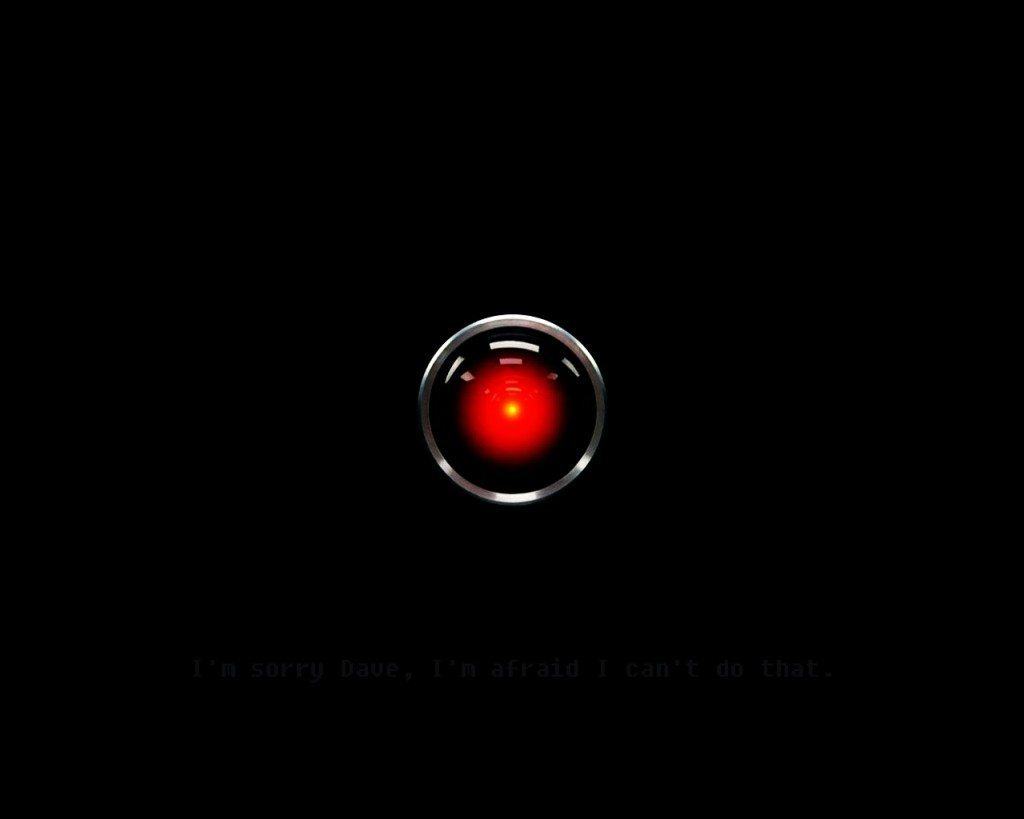Your lights automatically flipping on when you walk in the door. Checking who’s at the front door without getting up off the couch. Starting your coffee before you get out of bed.
There’s a reason the smart home industry is forecasted to become a multibillion-dollar industry over the next several years. Sheer convenience aside, smart home gadgets make us feel like we’re living in the future. Until they don’t.
Amazon’s lengthy AWS outage Tuesday was a stark reminder of just how much farther we have to go to realize the seamless Jetsons-esque future gadget-makers so desperately want us to buy into. The hours-long disruption took down much of the internet, crippling day-to-day activities for many who rely on AWS-backed services, like Slack and Trello, to do their jobs.
But for smart home enthusiasts, the outage also exposed the fact that our lights and doorbells and other gadgets have (yet another) major weakness. By relying on AWS and other cloud services for core functionality, the devices that are supposed to make our lives easier can all too easily be rendered useless.
As people flooded Twitter to complain about Slack and other services going down, others began to notice that their connected devices were also failing in the wake of the AWS disruption. One service affected by the AWS outage was automation site IFTTT, whose “recipes” power a huge number of connected devices.
Hey @IFTTT can’t work me lights! Can you shifttt it and fix it please haha! See what I done there 😁😁
— Rob Ingram (@robIngram6) February 28, 2017
I can’t control my house via google home bc AWS/IFTTT is down. UUGH!
— wbyoko (@wbyoko) February 28, 2017
With IFTTT down, some users were left unable to operate their smart lights and other gadgets. (IFTTT, which stands for “if this, then that, allows you to connect Wi-Fi-enabled lights to other apps and services so you can schedule your lights to turn on and off automatically based on different “triggers,” like walking in the door, or the sun going down.)
The issue wasn’t limited to IFTTT-connected light bulbs, either. Security camera makers Canary and Ring, which sells both app-enabled doorbells and security cameras, also experienced disruptions as a result of the AWS issues.
Amazon Web Service issues are impacting Canary devices and the Canary app—hoping for a resolution soon.
— canarysupport (@canarysupport) February 28, 2017
Both companies reported issues that prevented users from accessing camera recordings and other parts of their service, which users pay for. Ring’s customer service support phone line even went down for a time as a result of the outage.
While not being able to use your “smart” doorbell, security camera or light bulbs is the epitome of a #firstworldproblem, the issue underscores a larger obstacle for with smart home industry. Having so many interconnected devices that rely on the same third-party providers for critical infrastructure puts all those gadgets at risk when one link in the chain stops functioning.
That should be worrying for an industry that is still relatively young and still trying to convince people who aren’t early adopters to take them seriously.
Just how many times will people put up with server outages half a continent away knocking their lights and doorbell offline before they decide that they don’t really need the tech to begin with? If companies can’t promise that their tech is reliable, they’ll never be able to persuade the masses to buy in.
Because home automation is only cool when it works.








